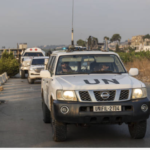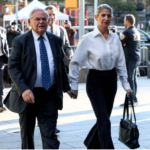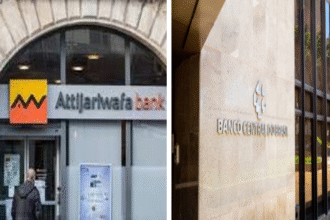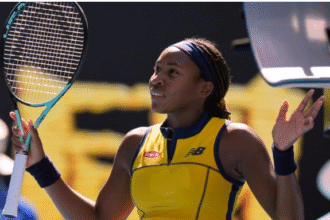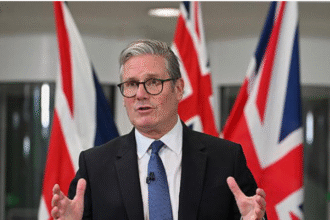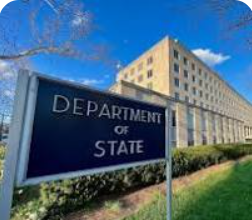By Isaac Okoro
Accra, Ghana – Millions of African Catholics, along with leaders across the continent, are observing a period of mourning following the death of Pope Francis on Easter Monday. He is remembered as a pontiff who amplified Africa’s voice on the global stage and tirelessly championed the marginalized.
Home to a burgeoning Catholic population, now estimated at 272 million, representing nearly a fifth of the Church’s global following, Africa has become increasingly crucial to the future of Catholicism. Observers say Pope Francis recognized and fostered this importance, significantly raising the continent’s profile within the institution.
Heads of state echoed the sentiments of many, reflecting on the late Pope’s unwavering commitment to the vulnerable. Nigerian President Bola Tinubu described him as a “tireless champion of the poor,” while South African President Cyril Ramaphosa lauded his “world view of inclusion [and] equality.”
The Vatican reports that over the past year, seven million Africans converted to Catholicism, solidifying the continent’s position as one of the fastest-growing regions for the Church.
“This Pope has made a lot of efforts to make our faith inclusive… I remember him with joy,” said Aba Amissah Quainoo, a Ghanaian Catholic in Accra. Reverend George Obeng Appah added, “He was really loved by all because of his stance on the poor and the marginalized.”
In Nairobi, Kenya, at the Holy Family Basilica, Rosemary Muthui said worshippers will remember the Pope as a transformative figure who promoted equality within the Church. “His love for the African Church was great, and we will miss him,” she said. She fondly recalled meeting him during his decade-ago visit to Kenya, the first of five trips to the continent, encompassing ten African countries. His final visit in 2023 took him to South Sudan and the Democratic Republic of Congo.
In Kinshasa, Congolese journalist Kitsita Ndongo Rachel shared her personal encounter with the Pope: “My heart was beating, I was less than 100 metres away. I slipped between the security agents; knelt down and asked the Pope for his blessing.”
Nigeria and Kenya boast some of the highest weekly church attendance rates worldwide, while DR Congo, Cameroon, Uganda, and Angola also nurture vibrant Catholic communities.
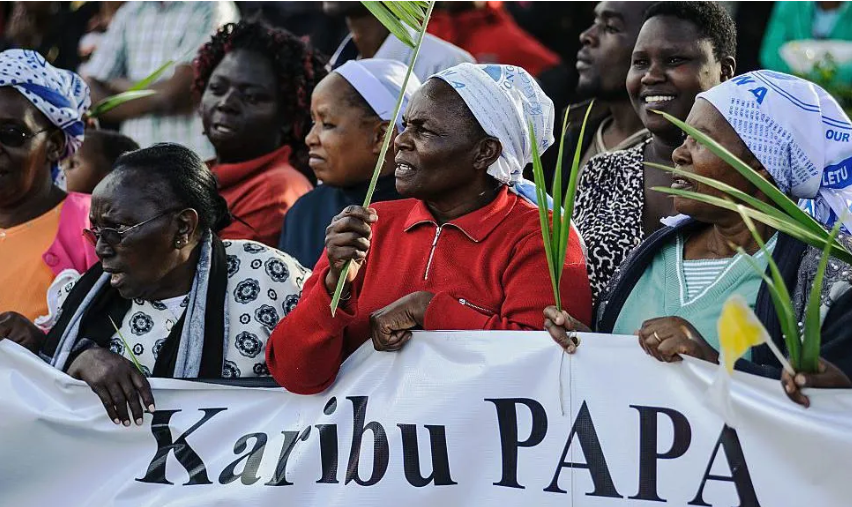
“One of the biggest things Pope Francis did for Africa was to bring global attention to the continent’s importance in the Catholic Church,” explained Charles Collins, Managing Editor of Crux, a prominent Catholic news website. Father Stan Chu Ilo, President of the Pan-African Catholic Theological Network, added, “He has not only spoken about Africa’s struggles but has physically gone to marginalized areas, showing solidarity with victims of war, displacement and injustice.”
His efforts extended beyond words. During his 2015 visit to the Central African Republic, he delivered a powerful message of peace amidst ongoing conflict. In 2019, he knelt and kissed the feet of South Sudan’s rival leaders in a symbolic plea for reconciliation. His subsequent trip to the country in 2023, a joint peace mission with then Archbishop of Canterbury Justin Welby, underscored his commitment to lasting peace. Just last month, he urged South Sudan’s leaders to prioritize peace and development for their people.
However, these interventions also highlight the limitations of the Pope’s influence, particularly as South Sudan teeters on the brink of renewed civil war.
Despite the Church’s remarkable growth in Africa and the appointment of new African cardinals, the continent remains underrepresented in high-ranking Vatican positions.
“The Catholic Church’s future is African, but it hasn’t yet translated into real influence at the Vatican. That shift is still to come,” said Mr. Collins.
Now, attention turns to the selection of his successor, and the question looms: could an African pope finally emerge after 1,500 years?
“An African Pope is not a question of ‘if’ but ‘when’ – because the Catholic Church in Africa is now a theological, spiritual, and demographic powerhouse,” asserted Father Ilo. The future of the Church, many believe, is inextricably linked to the continued rise and empowerment of its African community.



